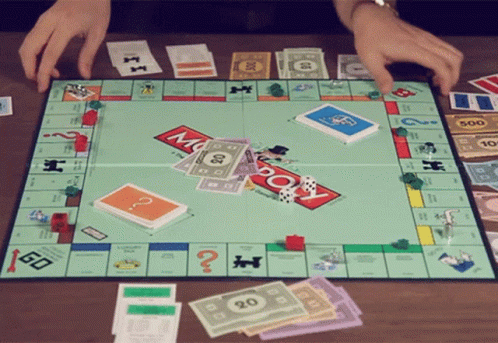Dr. Per Bylund Video Lecture Reflection

Introduction
Dr. Per Bylund argument is that monopolies aren’t necessarily a bad thing. He believes that monopolies become bad if the government gets involved. Each individual has the monopoly of their own labor, and that is not a bad thing, because with that, there is no power. When there is a monopoly on something, and there is no barrier of entry in that market, competitors will rise. This is because monopoly arises from value rather than size. If more competitors arise providing equal value to customers, there is no bad thing happening. When the government enters the picture, things head south. Government intervention creates a monopoly. Governments can create barriers to entry into certain markets therefore making a monopoly in that market. Dr. Per Bylund used the example of the hospital market. The government has created a massive barrier of entry for the market of hospitals, limiting the number of hospitals in a given area. This causes prices to increase because there are limited options. Overall Dr. Per Bylund believes that government should not interfere with barriers to entry in markets because it creates an unfair monopoly.
Power of Choice
I agree with the idea that governments create unfair monopolies. It is important to consider the power of choice when talking about monopolies. In a market where there is no barrier to entry, there are often many choices of what product or service you want to purchase. You as a consumer can choose which product or service best fits your individual needs. This forces the suppliers to create products with the most value to provide to a variety of consumer needs. Consumers have a the most power in this scenario because they have the power of choice. The fast food market is an example. There are hundreds of fast food restaurants with a variety of different food options. There is little barrier of entry to the fast food market. The consumer will pick which fast food chain they like the best. With customers having so much choice, it is up to the fast food chains to create more value for their restaurant. More competition creates more value when it comes to markets.
Government Regulation
With government regulation, this scenario becomes slightly different. Let’s use the same example as Dr. Per Bylund. The hospital markets. The government made it so there are only a certain number of hospitals allowed in certain areas. In order to open a hospital in an area, you must have a letter from all of the other hospitals saying that there is a need for another hospital in the specific area. This use of government regulation limits the number of competitions in the market. Without this government regulation, the hospitals that have the current monopoly would have to prepare for possible competitors entering the market. There could be new hospitals providing similar services at a lower price, which would force the current hospitals to provide more value or lower their price as well.
Prices
Prices have a lot to do with monopoly power. When there is a monopoly, the monopolist is allowed to charge whatever price they want, therefore resulting in higher prices. This happens because of the lack of competition. With a normal market, suppliers put their prices relatively lower because there are more competitors to constantly compete with. Normal markets with little barriers of entry have more innovators constantly providing more value to consumers. Government regulated markets on the other hand, do not have to worry about competition because the government prevents it. Without having to worry about competition, there is no need to decrease prices or provide more value to the consumer because of competition.
Innovation
Without competition from other competitors, little new innovation arises. Competition forces new innovation to arise. If customers are purchasing only one company of a product or service, their competitor will try to find something new to offer to their company to increase sales. With monopoly, there is little to no incentive to create new innovations because of the elimination of competitive markets. You can see this at work in the current hospital system. There have been little advances in traditional hospitals because no one is competing with the current monopolists. That is why many hospitals sometimes use outdated spaces and systems. The fast food market, on the other hand, constantly has to come up with new ways to serve customers. New food items and specials are constantly popping up at fast food chains to attract new customers. The new innovations make the companies exciting. Without innovation, companies become dull and boring. Overall, more competition means more value and innovation for the customers.